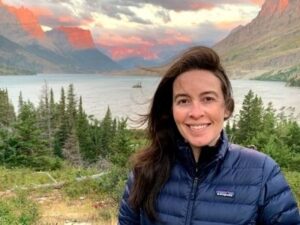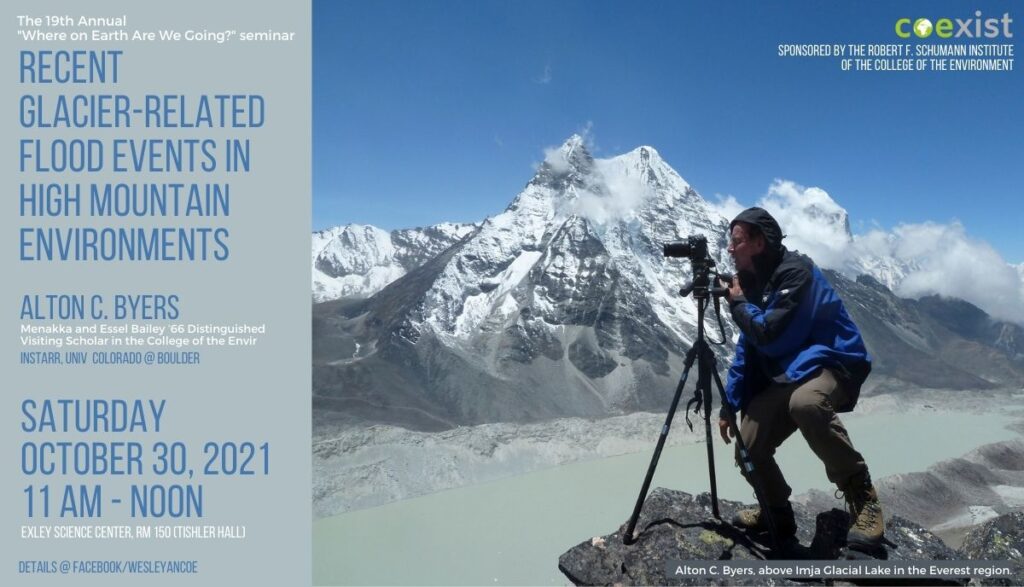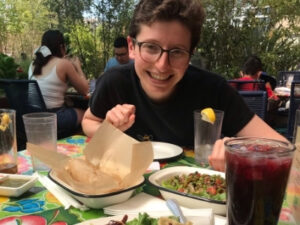 Every year, the COE awards fellowships to fund summer research opportunities for Wesleyan students across all majors and class years. Megan Levan ’22 is an environmental studies and South Asia studies in a global context (university major) major who was recently elected Wesleyan’s Gamma Chapter of Phi Beta Kappa. Megan’s research this summer centered on how edible insect-based products are being promoted by companies and received by consumers in countries not known for their entomophagic practices. Megan believes diets of the future will need to be supplemented with other available protein sources, and her research explored how insects fit into the picture.
Every year, the COE awards fellowships to fund summer research opportunities for Wesleyan students across all majors and class years. Megan Levan ’22 is an environmental studies and South Asia studies in a global context (university major) major who was recently elected Wesleyan’s Gamma Chapter of Phi Beta Kappa. Megan’s research this summer centered on how edible insect-based products are being promoted by companies and received by consumers in countries not known for their entomophagic practices. Megan believes diets of the future will need to be supplemented with other available protein sources, and her research explored how insects fit into the picture.
Month: September 2021
scobell ’22 & parikh ’22 spend summer sequencing fish genome
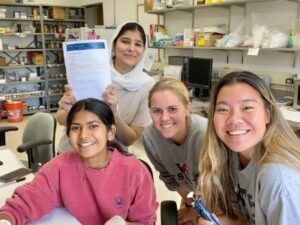
Every year, the COE awards fellowships to fund summer research opportunities for Wesleyan students across all majors and class years. Sophie Scobell ‘22 is a biology and East Asian studies double major. Aashni Parikh ‘22 is an earth & environmental sciences and biology double major. Scobell and Parikh, along with Fatima Ejaz, ’22 and Helen Lei ’23, spent the summer in the Chernoff Lab, setting out to sequence what will be only the fifth fully sequenced fish genome.
fullilove examines red lists of threatened species
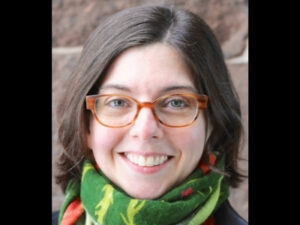
Courtney Fullilove is an associate professor of history who teaches U.S. social history, environmental history, and the history of science and technology in global perspective at Wesleyan.
o’connell explores cryosphere growth and demise
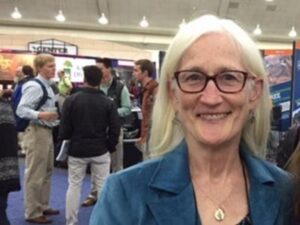
Suzanne O’Connell is the Harold T. Stearns Professor of Earth Science at Wesleyan. She studies Antarctic paleoclimate using marine sediment cores from IODP (International Ocean Discovery Program) in order to understand how Antarctica has changed in the past, information that will help researchers to understand and model future climate change. In fall 2021 she is teaching CIS221/Research Frontiers in Sciences and E&ES497/Senior Seminar.
meet our 2021-22 think tank student fellows
 Each year, our COE Think Tank brings together Wes students and faculty from across the university, plus a noted outside scholar, for a yearlong conversation on a topic of vital environmental importance. This year’s focus: visualizing environmental change. Read on to discover how our three student fellows will explore the topic in their work. This year’s student fellows include Olivia Baglieri ’22, Dylan Judd ’22, Skye Hawthorne ’22, Lilley Gallagher ’22 and Mackenzie Sheehan ’22.
Each year, our COE Think Tank brings together Wes students and faculty from across the university, plus a noted outside scholar, for a yearlong conversation on a topic of vital environmental importance. This year’s focus: visualizing environmental change. Read on to discover how our three student fellows will explore the topic in their work. This year’s student fellows include Olivia Baglieri ’22, Dylan Judd ’22, Skye Hawthorne ’22, Lilley Gallagher ’22 and Mackenzie Sheehan ’22.
economist raynor joins coe faculty
The COE shares faculty from across departments and programs at Wesleyan, including government, history, art, dance, computer science, English, philosophy, environmental science, biology, African American studies, physics, classical studies, chemistry, Science in Society, theater, religion, economics, archaeology, and more.
Jennifer Raynor is assistant professor of economics at Wesleyan. Her research focuses on natural resource management, with an emphasis on measuring the unintended consequences of rules and regulations. In fall 2021, she is teaching ECON210/Climate Change Econ and Policy. She joined the faculty of the COE in spring 2021.
where on earth are we going: examining glacier-related flood events
The development of glacial lakes from receding glaciers, contained by either terminal moraines or bedrock, is commonly linked with global warming trends that have occurred since the end of the Little Ice Age (LIA). Such lakes are prone to sudden and catastrophic drainage, popularly known as glacial lake outburst floods (GLOF). Although GLOFs continue to dominate the focus of both peer reviewed and popular media articles alike, a range of other cryospheric processes and hazards exist that are in need of further research attention and mitigation technologies.
Join Alton C. Byers, PhD, the 2021-22 Menakka and Essel Bailey ’66 Distinguished Visiting Scholar in the College of the Environment and a member of our 2021-22 COE Think Tank, for Recent Glacier-Related Flood Events in High Mountain Environments, a multimedia discussion of englacial conduit floods, periodic and recurrent flooding of lakes created by glacier- or ice-dammed lakes, permafrost-linked rockfall and debris flows, and earthquake-linked glacier floods. This event is the latest in the COE’s annual Where on Earth Are We Going? seminar series, sponsored by the Robert F. Schumann Institute of the College of the Environment. The event is a direct tie-in with this year’s COE Think Tank theme of visualizing environmental change. The event takes place Saturday, October 30, 2021, from 11 am to noon at Exley Science Center (Room 150) on the Wesleyan Campus.
